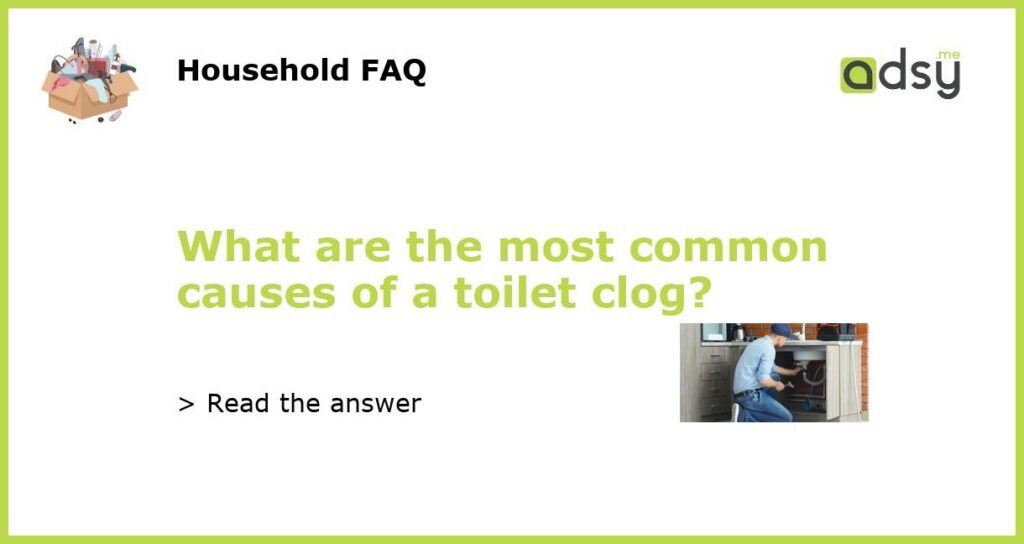Incorrect Toilet Usage
One of the most common causes of a toilet clog is using it incorrectly. Many people are not aware that toilets are designed to only flush down human waste and toilet paper. When other items like paper towels, sanitary products, or baby wipes are flushed down the toilet, they can easily cause a clog. These items do not break down easily in water and can get stuck in the pipes, leading to a blockage.
Buildup of Toilet Paper
While toilet paper is designed to break down in water, excessive use of it can lead to a clog. Using too much toilet paper at once or using very thick toilet paper can cause it to clump together and create a blockage in the pipes. Additionally, if the toilet paper is not fully flushed down and is left sitting in the bowl, it can accumulate and eventually clog the toilet.
Foreign Objects
Foreign objects accidentally falling into the toilet can also cause clogs. For example, small toys, jewelry, or even phones can accidentally fall into the toilet bowl and get lodged in the pipes, obstructing the flow of water. It is important to be cautious and keep any objects away from the toilet bowl to prevent such accidents from occurring.
Tree Roots
Tree roots are a common cause of toilet clogs in outdoor plumbing systems. As trees grow, their roots can extend into the underground plumbing pipes, seeking moisture. Over time, these roots can cause cracks in the pipes or even enter them, obstructing the flow of water. If you have trees near your sewer lines, it is important to monitor them and address any potential root intrusion issues promptly.
Sewer System Issues
In some cases, toilet clogs can be caused by issues within the sewer system itself. For example, a blockage or damage to the main sewer line can affect multiple toilets and drains in your home. As a result, when you flush the toilet, the wastewater may not be able to flow freely and can cause a backup or clog. If you suspect a sewer system issue, it is best to contact a professional plumber to assess and repair the problem.

